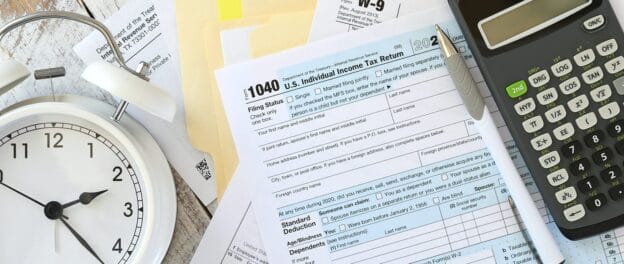It’s that time of year again—tax season.
To help those of you who are landlords with your tax filing, review these helpful tax tips for landlords from our CPA, Kate Shamis, founder of Peak Performance Accounting.
Four Tax Tips for Landlords
- Keep your accounting records organized.
Maintain detailed and organized accounting records so that you can successfully file your taxes for rental real estate. - Use accounting software, such as QuickBooks Online.
QuickBooks Online (QBO) is the best accounting software that is reasonably priced. Utilize it to make sure your accounting records are in order through the process of reconciliation. - Determine revenue and expense for each property.
You must file rent on Schedule E, which is broken out by property. So, if you own multiple rental properties, each property must have its own revenue and expense. QBO has a function of classes to help you categorize each expense, not only by the appropriate expense account, but also by each individual property. This makes it super simple to complete a Schedule E. - Rely on a professional accounting firm.
It’s best practice to have a professional accounting firm assist you with the accounting portion, since the tax return is filed based on the financial statements provided.
The Business of Rental Real Estate
We encourage all of our landlords to think of themselves as business owners. So, we provide the appropriate accounting so that they can see the numbers and understand the revenue and expense. A Profit and Loss Statement is available at any time for each of our landlords.
This helps landlords to not only file taxes, but to also make informed decisions about their investment. We treat all of our landlords as partners, so we collaborate to make property ownership a success for them.
We invite you to learn more about our landlord services and to contact us if you’re interested in renting out your residential property in Maryland.
